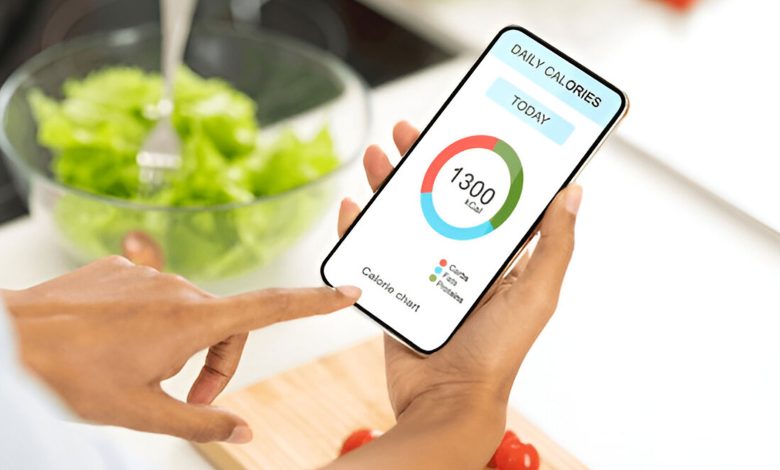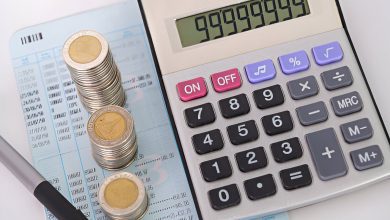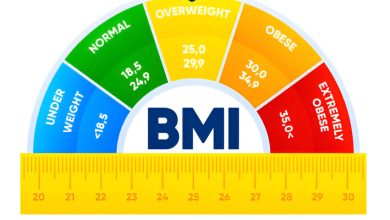Calorie Calculator: Track Your Daily Calories to Reach Your Health Goals

Are you trying to lose weight, gain muscle, or just stay healthy? One of the most important things to understand is how many calories your body needs every day. A Calorie Calculator helps you figure that out in just a few seconds.
In this article, we’ll explain what calories are, why they matter, and how a calorie calculator can help you reach your fitness or health goals.
Calorie Calculator
Find your personalized daily calorie needs based on your goals and activity level
Your Results
Complete the form above to see your daily caloric needs, BMR, and personalized recommendations.
Calorie Breakdown
Body Mass Index (BMI)
Macronutrient Recommendations
💡 Tips for Success
- Track your food intake to meet your calorie goals
- Prioritize whole, nutrient-rich foods
- Drink 8-10 glasses of water daily
- Maintain consistency in diet and exercise
- Adjust portions based on hunger cues
What Are Calories?
A calorie is a unit of energy. When we talk about calories in food, we are talking about the energy we get from what we eat and drink. Our body uses this energy for everything – from breathing and moving to thinking and sleeping.
If you eat more calories than your body needs, the extra energy is stored as fat. If you eat fewer calories, your body uses stored fat for energy, and you lose weight.
That’s why understanding your calorie needs is important for managing your weight and overall health.
What Is a Calorie Calculator?
A Calorie Calculator is a simple online tool that tells you how many calories your body needs every day. It uses information like:
- Your age
- Gender
- Weight
- Height
- Activity level
- Goal (lose, gain, or maintain weight)
Based on this, it estimates your Total Daily Energy Expenditure (TDEE) – the number of calories your body burns in a day. From there, you can plan your food intake to match your goals.
Why Use a Calorie Calculator?
Here are some benefits of using a calorie calculator:
1. Set Clear Health Goals
Whether you want to lose fat, gain muscle, or maintain your current weight, knowing your calorie needs helps you set realistic goals.
2. Avoid Overeating or Undereating
Some people think they need to starve to lose weight, while others overeat and wonder why they aren’t gaining muscle. A calorie calculator gives you the right number based on your body and lifestyle.
3. Better Meal Planning
Once you know how many calories you need, you can create meal plans that fit your goal. You can also use apps to track your food and stay on target.
How Does It Work?
A calorie calculator uses formulas like the Mifflin-St Jeor Equation or Harris-Benedict Equation to calculate your Basal Metabolic Rate (BMR) – the calories you burn at rest.
It then multiplies your BMR by an activity factor based on your lifestyle:
- Sedentary (little or no exercise): ×1.2
- Lightly active (light exercise/sports 1–3 days/week): ×1.375
- Moderately active (moderate exercise 3–5 days/week): ×1.55
- Very active (hard exercise 6–7 days/week): ×1.725
- Super active (physical job or training twice/day): ×1.9
This gives your TDEE – your daily calorie needs.
Example
Let’s say you’re a 30-year-old woman, 5’4″ tall (163 cm), weighing 60 kg, and moderately active.
- First, the calculator estimates your BMR (around 1,330 calories).
- Then it multiplies by 1.55 (moderate activity):
1,330 × 1.55 = 2,061 calories/day
So, to maintain your weight, you need about 2,061 calories daily.
- For weight loss: eat 400–500 calories less (around 1,500–1,600/day)
- For weight gain: eat 300–500 more (around 2,300–2,500/day)
Calorie Calculator for Different Goals
✅ For Weight Loss
You need a calorie deficit. This means consuming fewer calories than your body burns. A healthy target is a deficit of 400–500 calories per day, which leads to about 0.5–1 kg of weight loss per week.
Example: If your TDEE is 2,000 calories, aim for 1,500–1,600 calories/day.
✅ For Muscle Gain
You need a calorie surplus, plus enough protein and strength training. A surplus of 300–500 calories/day is enough for lean muscle growth without adding too much fat.
Example: If your TDEE is 2,000 calories, aim for 2,300–2,500 calories/day.
✅ For Maintenance
Eat around your TDEE. Track your weight regularly to adjust as needed.
Tips for Using a Calorie Calculator Effectively
- Be honest when entering your data – don’t underestimate weight or overestimate activity.
- Track your food using apps like MyFitnessPal or HealthifyMe.
- Measure your progress weekly. If you’re not seeing results, adjust your calories slightly.
- Focus on quality, not just quantity – eat more whole foods, fruits, vegetables, lean proteins, and healthy fats.
- Stay consistent. It’s better to stick to your plan 80% of the time than be perfect for a few days and quit.
Common Mistakes to Avoid
- Skipping meals to save calories
- Ignoring hidden calories in snacks or drinks
- Thinking exercise cancels out overeating
- Not drinking enough water
- Using crash diets – they are not sustainable
A Calorie Calculator is a powerful tool that gives you the knowledge to take control of your health. Whether you’re a beginner or already into fitness, it helps you eat the right amount of food for your body and goals.
Start by calculating your daily calorie needs and take the first step toward a healthier you!




